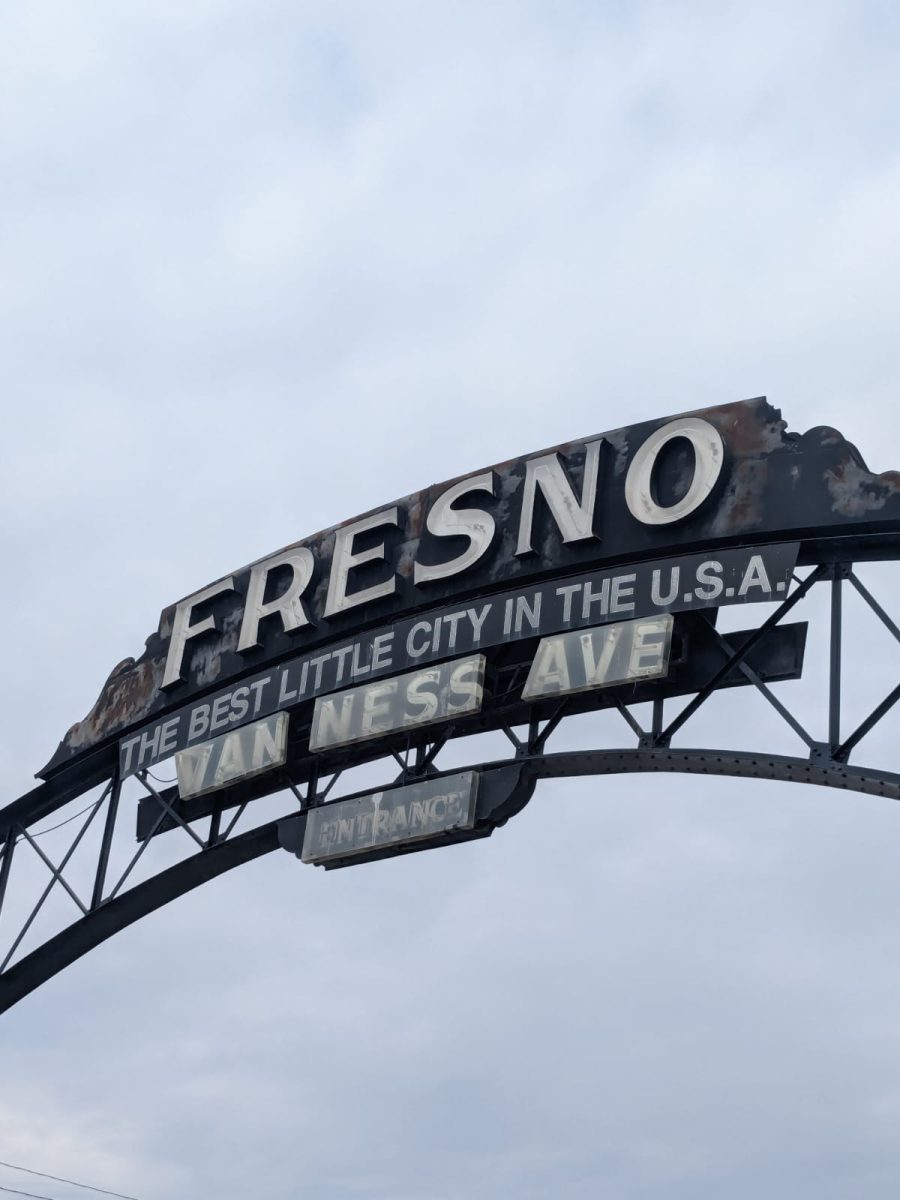Book banning remains a contentious issue in the United States, reflecting the clash between the fundamental right to free expression and the desire to protect certain values and beliefs.
Since the age of elementary school, I have read books, Diary of a Wimpy Kid, Dork Diaries and Dumb Diaries were my absolute favorites. Reading is what led me to a career in writing and journalism.
While proponents argue for censorship to safeguard morality or shield sensitive audiences, the practice poses significant threats to intellectual freedom and stifles the diversity of ideas crucial for a thriving society.
Book banning occurs when those choices are overridden by school boards, administrators, teachers or even politicians based on a book’s content. Between July and Dec. 2022, 1,477 books were banned.
Of those 1,477 books, 874 books were of specific themes that have been circling multimedia for a few years. Characters of color or themes of race and racism, LBGTQ+ characters abortion or sexual assault are just a few specific themes in question.
Handmaid’s Tale, Milk and Honey To Kill a Mockingbird and Gender Queer: A Memoir are just some of the titles in book ban jail.
Book banning undermines the cornerstone of democracy: the freedom of expression. By restricting access to certain books, authorities impede the exchange of diverse perspectives and hinder individuals’ ability to form opinions.
The suppression of controversial or challenging ideas through banning deprives individuals of the opportunity to engage critically with different viewpoints, hindering intellectual growth and perpetuating ignorance.
Banned books have been placed on three different lists: library and classroom ban, which means it’s been banned from the school entirely. Classroom ban means you can read it while in the library, but not in your classroom. A library ban means you can still read it in the classroom for the curriculum.
Schools should serve as platforms for exploration and inquiry, not as gatekeepers of knowledge. Banning books undermines the educational mission by prioritizing conformity over intellectual curiosity.
This targets marginalized voices and narratives, perpetuating systems of oppression and silencing already marginalized communities. It reflects disregard for the importance of cultural diversity and the abundance of experiences that contribute to literature.
Embracing diverse perspectives fosters empathy and understanding. It promotes social cohesion, combats prejudice and discrimination.
Book banning in the United States represents a dangerous assault on intellectual freedom and the diversity of ideas. It stifles critical thinking, undermines education, and threatens to erode the foundations of democracy.
While I believe that books should not be banned from schools or anywhere for that matter, I believe some should be banned for certain audiences. Primary school students should not be learning the birds and the bees until secondary school or from a parent.
To uphold the principles of free expression and safeguard the integrity of our society, it is imperative to resist censorship efforts and celebrate the rich diversity of literature. Instead of banning books, we should encourage open dialogue and engage in constructive conversations about challenging topics fostering a culture of tolerance understanding and intellectual curiosity.







